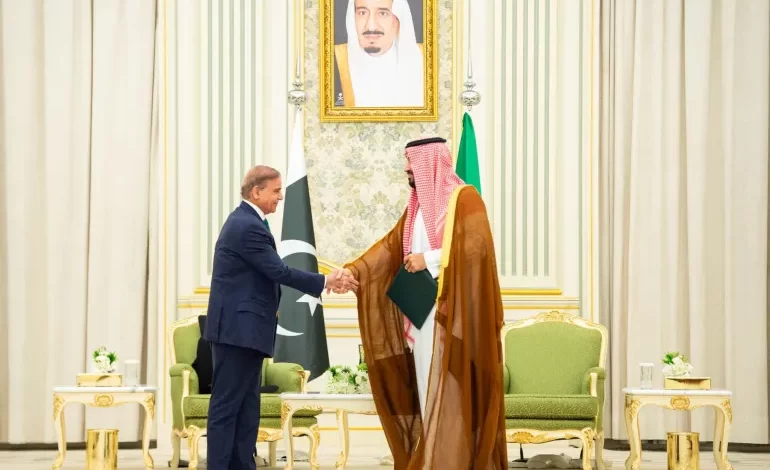
By : Nedal Zubeidi
Jordan Daily – When Saudi Arabia and Pakistan sign a strategic defense pact declaring that an attack on one is an attack on both, we are witnessing a pivotal moment in the history of Arab-Islamic relations. This is not a passing arrangement or a limited military cooperation. It is a new formulation of regional security at a time when alliances are shifting and old guarantees are being tested.
The two countries have long been bound by ties- religious, historical, and political. Since the 1960s, Pakistani soldiers have stood in the kingdom as protectors of the holy cities. The Iranian Revolution of 1979 deepened this partnership further, sharpening the need for a counterbalance. Today, that legacy crystallizes into a treaty that resembles, in essence, a “shared destiny.” A concept that transcends geography and reaches into the heart of strategy.
In the current international landscape, the United States is no longer the unquestioned guarantor nor the sole hegemonic power on which the region can rest. The recent attack on Qatar- with its shocking implications- exposed the limits of the American umbrella and raised pressing questions about alternatives. Saudi Arabia’s move toward Pakistan, a nuclear state with immense military and demographic weight, provides Riyadh with added deterrence while sending a clear message: the Gulf is not standing alone.
What is striking about this agreement is that it does not brandish the sword against any one party. It is built on defense and deterrence, not aggression. That alone constitutes a different kind of political message: the Islamic world can organize its own security without declaring war or embarking on reckless adventures.
Yet the challenge lies in careful balance. The same Saudi Arabia that signs a defense pact with Pakistan is also cultivating deeper ties with India. Here lies the craft of Saudi diplomacy, honed over decades- navigating rivalries without succumbing to blind alignment.
This new accord reminds us that the world is changing rapidly. The war on Gaza, the strikes on Qatar, the uncertainties of U.S. policy- all are signs that the age of “absolute reliance” has ended. Nations, large or small, can no longer wait passively for outside umbrellas; they must build their own security networks and redefine their interests with a new realism.
In the end, what happened in Riyadh was more than a signature on paper. It was the announcement of a strategy: that the defense of Mecca cannot be separated from the defense of Lahore, that the security of the Gulf intersects with that of South Asia, and that when the Islamic world unites even at a minimal level, it gains the power to alter equations at the highest level.

